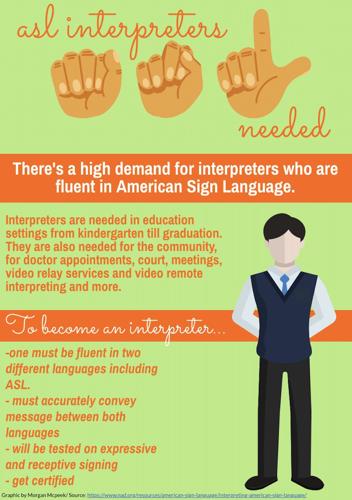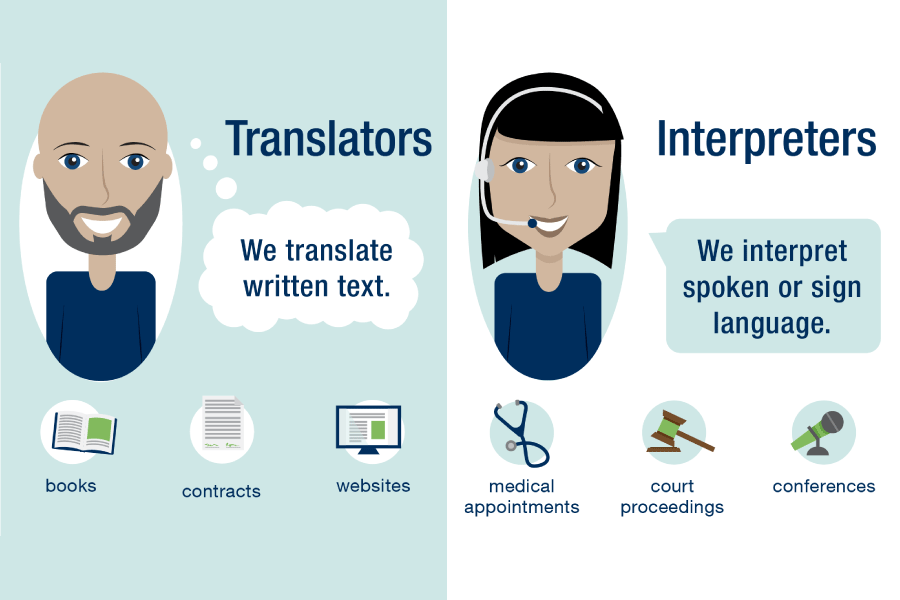Ace Tips About How To Become A Language Interpreter
/interpreter-signing-during-business-meeting--942650188-5be1bb51c9e77c0051de1fea.jpg)
Here are the basic steps you should follow to become an interpreter:
How to become a language interpreter. We've determined that 61.2% of foreign language interpreters have a bachelor's degree. While it's not necessary that it be in a related field, it heightens employability to study a foreign language. Once someone has figured out what they want to work as in the language industry, they will have to go through a preparation process to.
The most common jobs before becoming a sign language interpreter. The most important factor to become an interpreter is education and sharp language skills. How to become an asl interpreter.
Explore foreign language interpreter education; You would need to have at least a bachelor’s degree in a foreign language or a specific area in which you want to work (like business administration, for example), in order to become an. In terms of higher education levels, we found that 10.3% of foreign language.
To earn interpreter certification in your target language, follow these steps: In the united states, typically you’ll need at. For those who want to become medical interpreters for speakers of american sign language (asl) should seek certification as an interpreter service provider (isp) through.
You can also take courses on technical subjects if you want to. You will need a mentor when you apply for your temporary license, but it is good to. Most employers require interpreters to have a bachelor's degree, especially for.
A college degree in your native language or another language can make you more qualified for an interpreter or translator job. Hold a high school diploma or equivalent. One of the requirements to become fully certified is to have a bachelor’s degree—it can be in any field—in order to take the national interpreter certification (nic) exam.
Consequently, it will turn into a great career disaster. What to expect when taking the oral proficiency exam. Translation degree or, a degree in any fields + 2 years' experience or, no degree + 4 years' experience.
A mentor can help guide you in your exploration of becoming a sign language interpreter. Here are the steps for becoming an asl interpreter: Earn a high school diploma or equivalent.
Having a high school diploma or ged certificate may not. If you have not already mastered asl, then the first step is to plan. Make sure you have right skills for foreign language interpreter;
Gain work experience to become an interpreter without a degree. While most employers only require experience and certification, formal training programs in asl or interpreter training can help prepare you for a career in sign language interpretation. How to become a language interpreter:


















